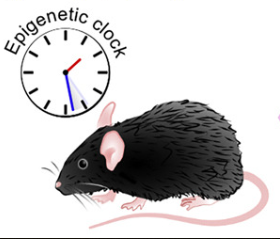
Fri, 2023/02/17
Restoring lost epigenetic information can make aging mammals rejuvenate

Fri, 2023/02/17
CAR-T cell therapy is expected to eliminate residual tumor cells after solid tumor surgery
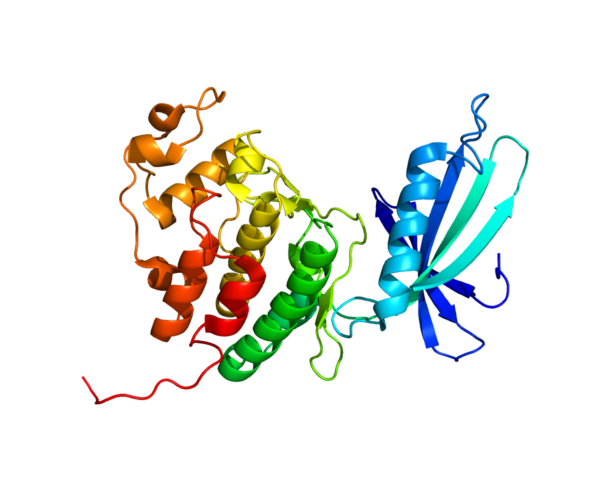
Fri, 2022/12/23
CDK4 - a master regulator of the cell cycle
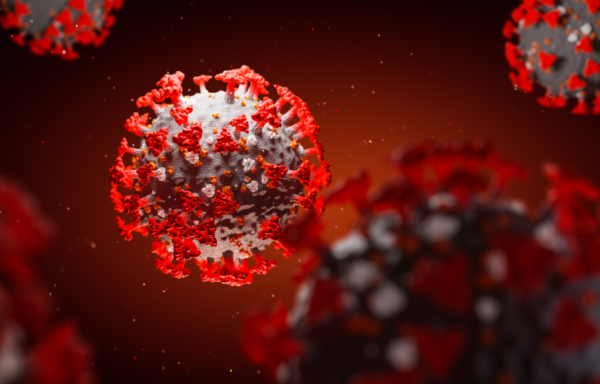
Fri, 2022/12/23
Occluding the ACE2 receptor, renders all mutants incapable of infection!
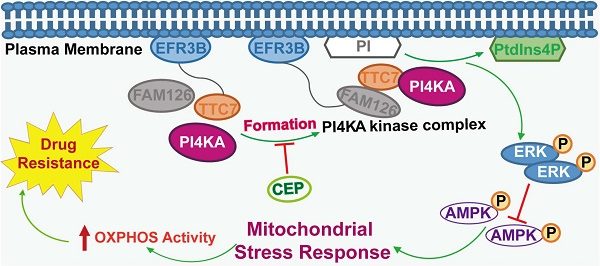
Fri, 2022/12/23
Targeting PI4KA increases chemosensitivity of refractory leukemia by regulating ERK/AMPK/OXPHOS axis

Fri, 2022/12/23
TRPC can significantly regulate the pathogenesis of endotoxemia
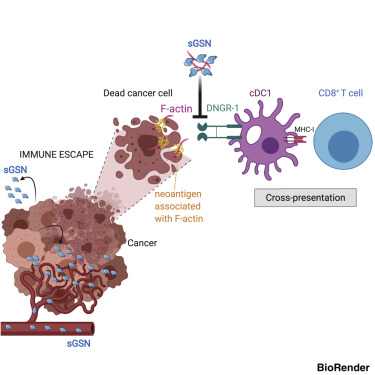
Tue, 2021/09/28
New Research Finds That Secretory Gel Protein Inhibits Cancer Immunity

Fri, 2021/09/24
